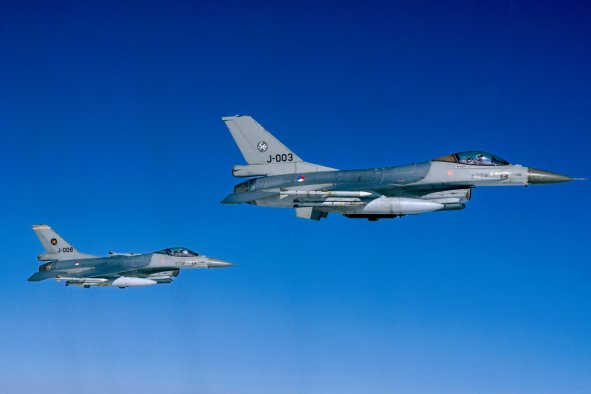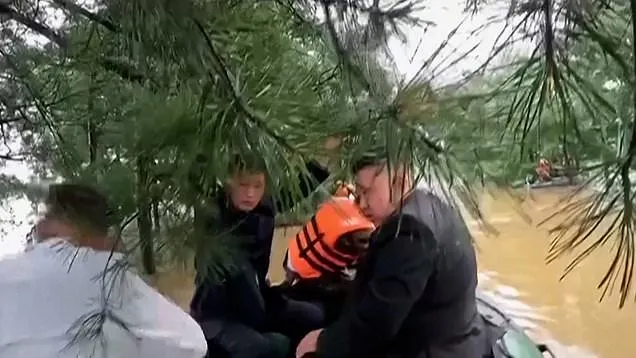A push by Russia's authorities to restrict immigration has reportedly caused supply chain problems for grocery stores as labor shortages continue to impact the country's wartime economy.
Russian business outlet RBC reported that X 5 Group, which owns the convenience store chain Pyaterochka and supermarket chain Perekrestok, did not have enough staff for its distribution center in the Yaroslavl region northeast of Moscow. This was partly due to the departure of migrant workers.
Images of empty store shelves in the cities of Yaroslavl and Rybinsk have appeared on social networks and local media, sparking customer complaints.
The Mash telegram channel published a video of empty shelves in Pyaterochka stores, which had not been restocked with bread, cereals, flour, spices or water since last week. Local news outlet 76.ru said that there are no water bottles in some stores.
Mash linked the empty store shelves to recent raids on deported migrants and said there was a shortage of 1,000 workers at the distribution center in Yaroslavl.
Russian authorities have stepped up scrutiny on the legal status of migrant workers after Tajik nationals were accused of carrying out of carrying a terrorist attack at a concert at Crocus City Hall in Moscow in March, which killed more than 140 people.
Facilities run by companies that traditionally employ immigrants have been reportedly raided by police, sparking concerns about a crackdown on citizens of Central Asian countries.
"The recent departure and expulsion of migrant workers after the Crocus terrorist attack is exacerbating the situation and has already caused problems in trade," Boris Grozovski, an expert on Russia's economy, told Newsweek.
"Xenophobia is on the rise in Russian society, and the authorities are doing much to encourage it. But with a noticeable shortage of labor, I think the authorities will reduce their activity in expelling migrants from Russia," said Grozovski from the Wilson Center think tank. "Otherwise, the economy will have big problems.
X5 told RBC in a statement that it was looking to attract workers from neighboring regions and hoped that the staffing shortage would improve soon.
Newsweek reached out to X5 for comment.
Employers in Russia can be held liable for hiring migrants without the right documentation. On July 23, the Ministry of Internal Affairs for the Yaroslavl region reported a raid on foreigners at construction, wholesale and retail sites in Yaroslavl.
"Some jobs cannot be easily automated, and some of them have been heavily relying on migrant workers since Russians are largely unwilling to take them up," Vasily Astrov, a Russia expert at the Vienna Institute for International Economic Studies, told Newsweek.
"Retail trade is obviously one example, another one is construction. At least in the short term, these problems can hardly be solved, and these sectors may suffer as a result. But the anti-immigrant sentiments are just too strong currently, especially against Central Asians, economics plays a secondary role," Astrov said.
Russia is struggling with a shortage of workers due to high losses in its full-scale invasion of Ukraine compounded by an exodus of citizens fleeing the draft. Companies have been open about the shortage, which has spiked salaries and inflation, which Russia's Central Bank has tried to dampen down by raising the key interest rate.
"The unemployment rate is so low that there is simply nowhere physically to take the missing workers," said Grozovski, "They do not exist."
However, Astrov believed that it was significant that the wage share in Russia is still very low—40 percent of GDP, compared to around 60 percent in Western advanced economies. He said this means "there is still ample room for it to grow."
"The current growth model of the Russian economy could well be sustained for quite some time, a few years at least, especially if labor shortages give rise to investments into automatization and increased implementation of labor-saving technologies," he said.
Disclaimer: The copyright of this article belongs to the original author. Reposting this article is solely for the purpose of information dissemination and does not constitute any investment advice. If there is any infringement, please contact us immediately. We will make corrections or deletions as necessary. Thank you.



